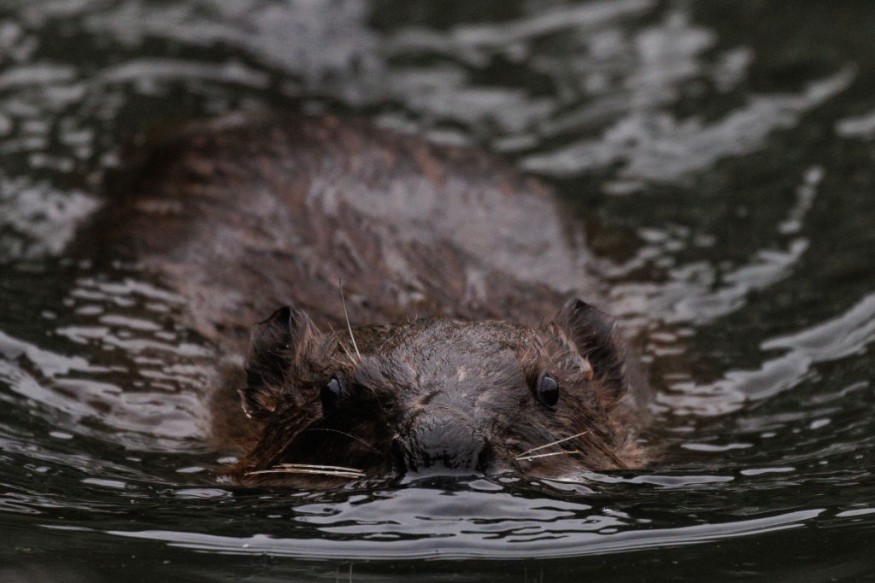Beavers could help restore and improve the drought problems in waters in British Columbia, especially in the Fraser and Nechako Rivers, according to new reports.
The dry conditions and soaring temperatures can be a significant concern in Canada. Nature World News (NWN) reported the recent wildfire concerns in the country due to dry vegetation and strong winds.
In addition, rivers are also affected by drought problems in the region. Prolonged drought and low water can significantly affect the river's marine species, communities, transportation and water supplies. As a result, river restoration is vital to prevent devastating impacts on the environment.
Beavers in Canada: How Can Animals Improve Water Problems?

British Columbia has experienced drought concerns due to dry conditions, causing concerns among farmers. According to recent reports, the Fraser and Nechako rivers showed low water levels.
The crucial decline of water can cause an alarming problem. As a result, researchers and experts at the University of Northern B.C. looked into ways to address the low water in rivers.
Experts were looking to tap the role of beavers to restore and improve the waters in B.C. in Canada.
In California, beavers are recognized for their ecological roles as natural engineers. The animals will be vital to improve water quality and conserve dams.
In addition, beavers can help maintain ecosystem habitat. It benefits insects and other species for food sources. As natural engineers, beavers can become effective and inexpensive in terms of protecting the environment.
Recent reports also noted that it could help with the habitats for salmon.
With their teeth, beavers can create dams and streams for the environment. It will become more resilient waterways that help dry and drought-stricken areas in Canada.
In addition, the conservation of water is also important, especially for agriculture and community.
Also Read : 3 in 4 Undescribed Vascular Plants At Risk of Extinction Amidst Threats of Climate Change, Habitat Loss
Canada's record high temperatures
According the recent reports, the record-high temperatures in Canada can likely threaten the population of monarch butterflies. The important milkweed habitats can be affected due to rising temperatures and climate change.
Monarch butterflies are known for their migrations in distant areas, including in Central Mexico. During the spring, the said species will return to Canada.
Monarch butterflies can be found in Ontario, Quebec, Alberta and Newfoundland.
The migratory butterfly population has declined due to harmful pesticides, habitat loss and the threat of extreme temperatures. As a result, protection efforts are needed to conserve their species from further loss.
Homeowners are encouraged to plant milkweed habitats for butterflies to help them repopulate and survive. In addition, continuous monitoring of the numbers is essential to avoid the brink of extinction.
The increasing effects of climate change harm many species and their habitats.
Related Article : Record-High Temperatures Threaten Monarch Butterflies Migration
For more similar stories, don't forget to follow Nature News.
© 2026 NatureWorldNews.com All rights reserved. Do not reproduce without permission.





